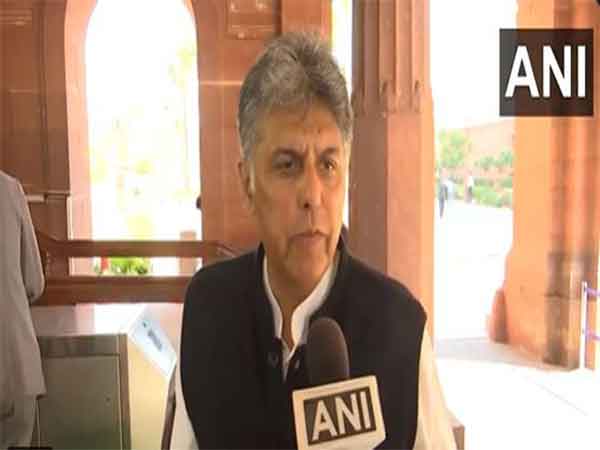
MUMBAI: While the state cabinet green-lit the e-bike taxi policy on Tuesday, following recommendations by a committee headed by retired IAS officer Ramanath Jha, it has now come to light that the committee while chalking out the fine print of the policy had disapproved the inclusion of the new mode of transport in Mumbai and Pune, given the density of traffic in the two cities. The transport department however overruled the recommendation and included both the congested cities in the policy. According to the economic survey of Maharashtra 2024-25, Mumbai and its suburbs have 2.
98 million two wheelers with the density of 1578 two wheelers per kilometer, and 260,000 auto rickshaws. Additionally, Mumbai has almost 8% of the Maharashtra’s total number of two wheelers -- 35.44 million.

The survey also stated that the rise in two wheelers in Mumbai was 7.1% against Maharashtra’s rate of 6.4 % in a year between 2024 and 2025.
The figures are updated till December 2024. The committee told the transport department: “Considering the density of the vehicles in both the cities, the department should prioritise ‘safety’ of the passengers.” A section of officials from the transport department also censured the government’s move, saying apart from the density of traffic on the streets, there is a lack of infrastructure to support the bike taxis.
“Charging stations for e-bikes and possible traffic violations could pose challenges. It has been introduced in Mumbai and Pune because a few aggregators have been operating illegally anyway. The department needs work with municipal corporations to upgrade infrastructure,” an official from the transport department told HT.
A retired road transport officer said, “The rate of fatal road crashes by motorcycle drivers in Mumbai is very high, just as the rise in the number of two wheelers in the city.” AV Shenoy, transport expert and member of Mumbai Mobility Forum, red-flagged the impending indiscipline waiting to occur on Mumbai roads. “There are already two-wheeler drivers working for various platforms that deliver food and household goods who are known to speed on roads to make deliveries on time.
Bike taxis will only add to that indiscipline,” said Shenoy. Previously, following the guidelines for the aggregators of e-bike taxis issued by the ministry of road transport and highways in November 2020, a writ petition was filed in the Bombay high court (HC) in 2022, by bike taxi aggregator Roppen Transportation, also known as Rapido, that had challenged Maharashtra government’s refusal to grant it a two-wheeler bike taxi aggregator license. In response, the HC in January 2023 had asked the state government to clear it’s stand on bike taxis and aggregator licences, following which the government constituted a committee under Ramanath Jha to frame the policy.
The committee submitted its report on March 13, 2023. More jobs on the anvil With the introduction of e-bike taxis, the transport department expects to generate employment, especially through bike pooling. Bike pooling allows the owner of an e-bike to register with aggregators and operate as part of their fleet, by just paying service charges.
“The aggregators will not be allowed to charge commission from the fare charged by the bikers. The rules related to the pooling are yet to be finalised by the transport commissioner, but the state government is serious about providing employment to the youth and college-goers. Through its welfare board for autos and taxis, the transport department is planning to support bikers financially by giving them subsidy,” said an official from the department.
(With inputs by Shashank Rao).











